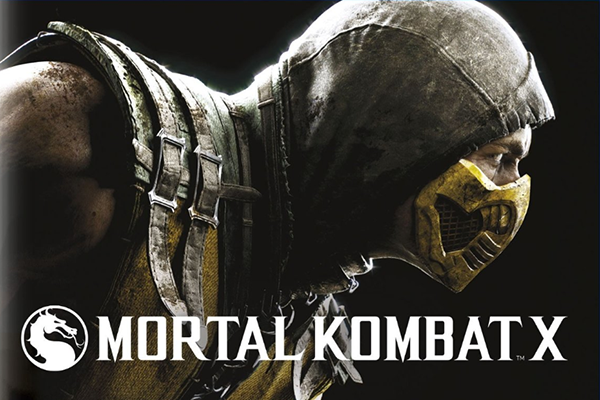If there is one video game series steeped in controversy since its inception, it’s the “Mortal Kombat” franchise. “Mortal Kombat” was to the 1990s what “Grand Theft Auto” was to the 2000s. The fighting game featured graphic violence and gore, where players could rip out each others spines, causing an uproar about censorship and gaming’s effects on youth.
Now nearing the release of its 10th installment, “Mortal Kombat” has lost a little of its edge, but it remains a chaotic, gritty fighting experience through its graphic use of gory-finishing movies.
Starting off as a two-dimensional arcade fighting series, “Mortal Kombat” pitted fighters with fantastical abilities, such as controlling ice against each other to the death in a tournament for the fate of the universe. As it moved onto consoles, the gaming series got increasingly gimmicky with a “Mario Kart” clone Motor Kombat, but the last installment, simply named, “Mortal Kombat,” rebooted the series and took it back to its basics as a fighting game.
Coming out Tuesday “Mortal Kombat X,” developed by NetherRealm Studios, focuses the gameplay on brutal combat and bone-breaking combos. In addition to series staples like Scorpion and Sub-Zero, the game will introduce eight new fighters. Additionally, each fighter will have three new varied fighting styles.
The story continues from the last game and sees the surviving fighters facing off against invading NetherRealm forces and resurrected fallen comrades. Unlike previous games, the story will be nonlinear, tying together current fighters with the next generation of characters.
Fatalities, the series staple of gory finishing blows, are joined by Quitalities and Faction Kills. A Quitality occurs if a player quits during the middle of a multiplayer match. That player’s character will be instantly killed. Faction Kills are tied to each of the game’s five factions. In an online mode, Faction Wars, players will join one of these five clans and compete with others across the globe, earning points for their faction.
Faction Wars is just one of several different modes offered outside of the game’s story and quick play modes. Living Towers, a new addition, pits players in matches with special conditions and challenges to complete. These conditions change every hour, offering an evolving state of gameplay.
The gaming industry has evolved since the early 1990s, and the “Mortal Kombat” series hasn’t changed as much as the world has. Violent and mature games have become a staple of the industry, and as a result, violence isn’t as shocking. New generations of players might not find the series as shocking and infamous as it once was, but “Mortal Kombat” should continue its tradition of being a chaotic bloody experience.









